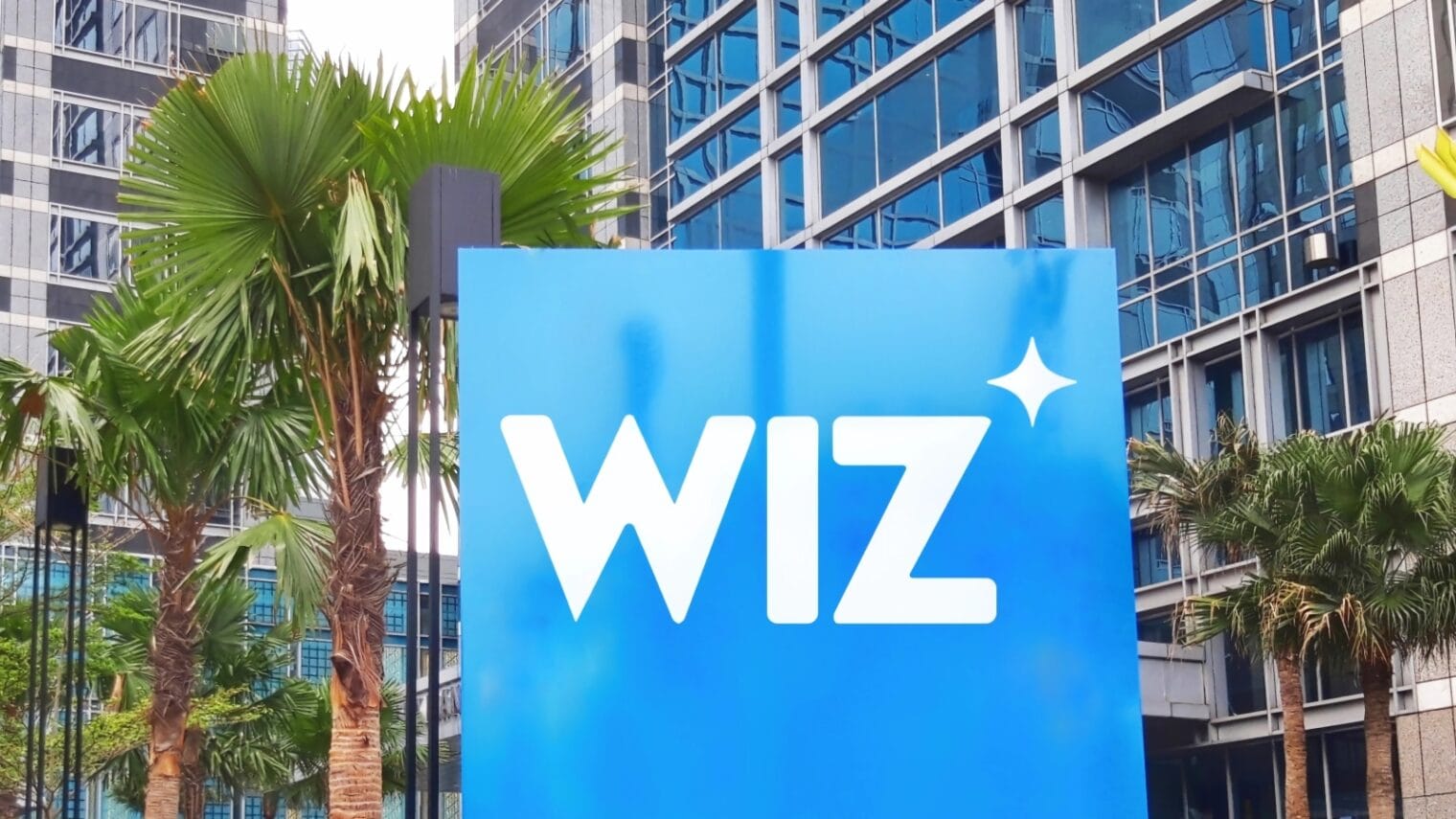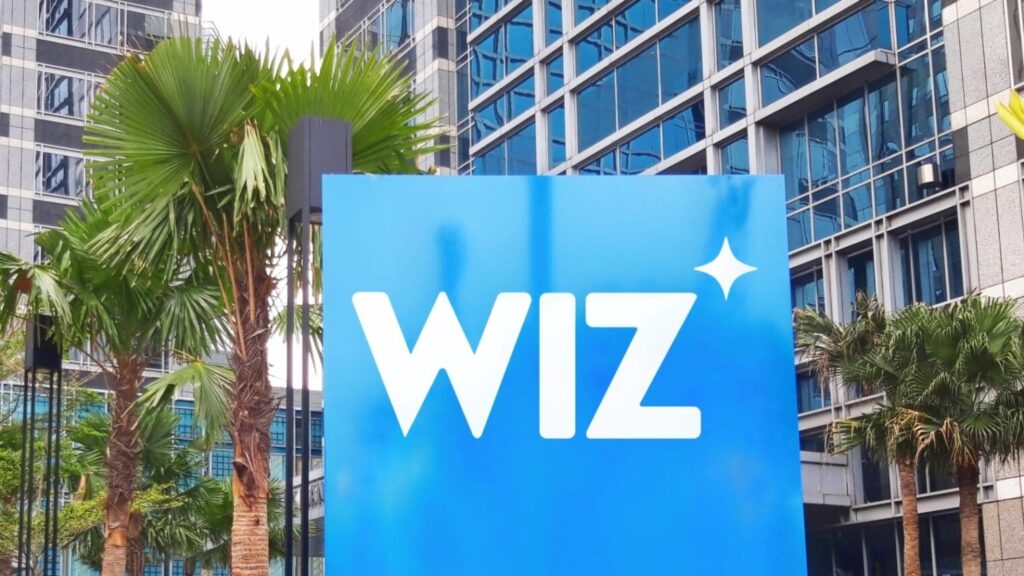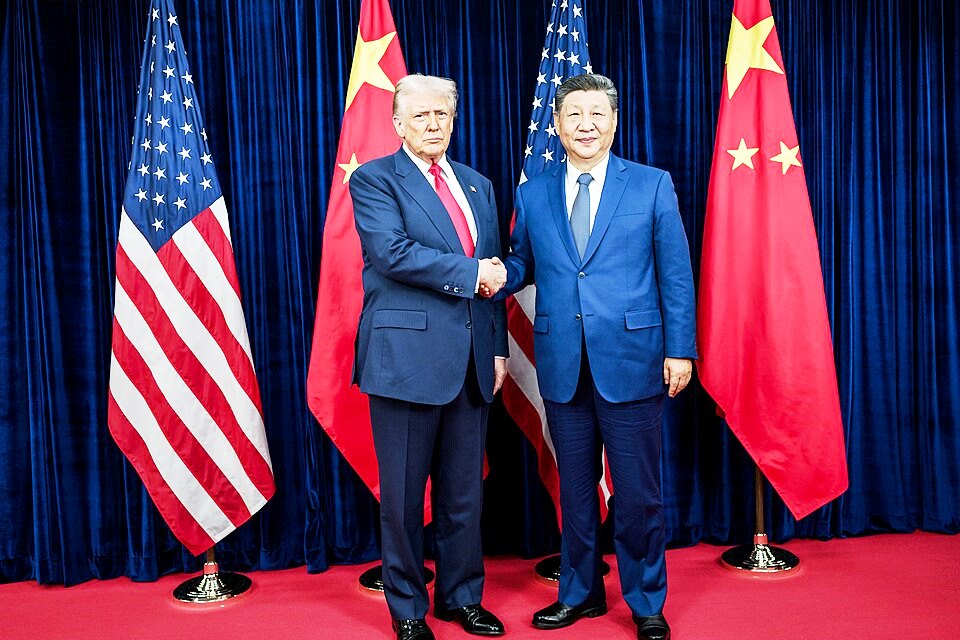With a $32b deal on the cards, Google is reported to be about to purchase Wiz.ai. Photo by Poetra.RH, Shutterstock.
By SPECIAL CORRESPONDENT
In mid-March, Google announced that it was paying the staggering sum of $32 billion for the acquisition of the Israeli cloud-computing security company Wiz. The acquisition, pending regulatory approval, will be the largest ever of an Israeli firm.
“Organizations of all sizes—from start-ups and large enterprises to governments and public sector organizations—can use Wiz to protect everything they build and run in the cloud,” Google said in a statement announcing the acquisition.
The statement added that Wiz would join Google Cloud, but that the Tel Aviv-based company’s security services would still be available across other cloud platforms used by major firms, including Amazon Web Services, Microsoft Azure, and Oracle Cloud.
What was left unsaid in Google’s announcement, however, were the personal backgrounds of its four founders. The co-founders of Wiz—Yinon Costica, Assaf Rappaport, Ami Luttwak, and Roy Reznik—are all veterans of Unit 8200, the signals intelligence division of the Israeli military, which is playing a key role in helping to carry out Israel’s wars in Gaza and Lebanon.
Unit 8200 is an elite unit in the Israeli military tasked with intelligence gathering, surveillance, codebreaking, as well as cybersecurity operations and hacking. In addition to its role collecting information for intelligence reports, the unit has also been accused by former veterans of carrying out mass surveillance of Palestinians in the Occupied Territories for the purpose of “political persecution,” as well as providing information used for targeted killings, sometimes based on over-broad interpretations of surveillance data.
In addition to being a vital component of the Israeli military-intelligence establishment, Unit 8200 has become a pipeline for recruitment by Silicon Valley firms. Many prominent tech startups have been created by Unit 8200 veterans, including NSO group, the creator of the Pegasus spyware program implicated in hacking attacks on dissidents and journalists globally.
“While Unit 8200 alumni once talked about their service in hushed tones, they now tout it in press releases to attract clients and investment money for their startups,” noted a Wall Street Journal story, from last year, on the growing relationship between the Israeli military unit and the U.S. tech industry.
In addition to founding their own startups, acquisitions by existing Silicon Valley firms have been a means for Unit 8200 veterans to get a foothold in the U.S. Since the start of the war in Gaza, Silicon Valley has acquired a handful of Israeli tech firms, including a nearly $1 billion purchase by Palo Alto Networks of Dig Security and Talon CyberSecurity—executed just weeks after the war began. Like Wiz, both those firms were also founded by former Unit 8200 members.

Wiz security services would still be available across other cloud platforms used by other major firms, including Amazon Web Services, Microsoft Azure, and Oracle Cloud. PHOTO/UGC.
The increasingly cozy relationship between Silicon Valley and the Israeli military has alarmed observers of the industry who have been critical of the role of tech firms in facilitating Israeli human rights abuses in Gaza and the West Bank.
“Basically the entire Israeli tech industry is funded by U.S. venture capitalists. It’s a very common situation that you see acquisitions of Israeli firms by Silicon Valley, where the senior people in these firms have formerly served in Unit 8200. It gets them a voice internally,” said Paul Biggar, a software engineer and founder of the activist group Tech for Palestine. Commenting on Google’s huge new acquisition he said, “Wiz should not be trusted, because it takes all user data and runs it through an Israeli company run by former intelligence officials.”
A researcher who works on connections between Silicon Valley and the intelligence world told Drop Site that the Israeli intelligence establishment has built deep and expanding ties with U.S. tech companies, adding that they had documented over 1,400 current and former members of Unit 8200, Israeli Military Intelligence, and the Israeli Defense Forces Cyber Defense Directorate now working for major Silicon Valley companies.
The researcher compiled the list from open source information about individuals, some of whom remain reservists in these units in addition their tech jobs, working in both senior and mid-level engineering and leadership roles at major firms like Cisco, Microsoft, NVIDIA, Intel, Google, and many other companies in the U.S. tech sector, with offices based in Israel, the U.S., and Europe.
“If you’re standing in the middle of Silicon Valley and throw a rock you’re going to hit current or former members of Unit 8200,” said the researcher who compiled and analyzed the data, and who asked for anonymity to discuss it safely. “That is not to say that all these people are involved in a giant cabal to influence American companies and steal our secrets—many of them are just people trying to get a career in tech.” But, they added, this could create “situations where there is temptation or pressure to do something that violates the law.”
In recent years, the influence of foreign powers in critical industries like tech has been identified as a national security risk by U.S. security agencies. A 2018 article in Politico highlighted the increasing alarm of FBI officials over counterintelligence and espionage threats in Silicon Valley. The risks include individuals either directly acting as spies for foreign powers, or being pressured by them to cooperate based on personal ties or political allegiances.
Cybersecurity experts warn that such relationships create a form of leverage that foreign governments could draw upon when required, and which is heightened when the tech workers themselves are reservists or former intelligence operatives.



















